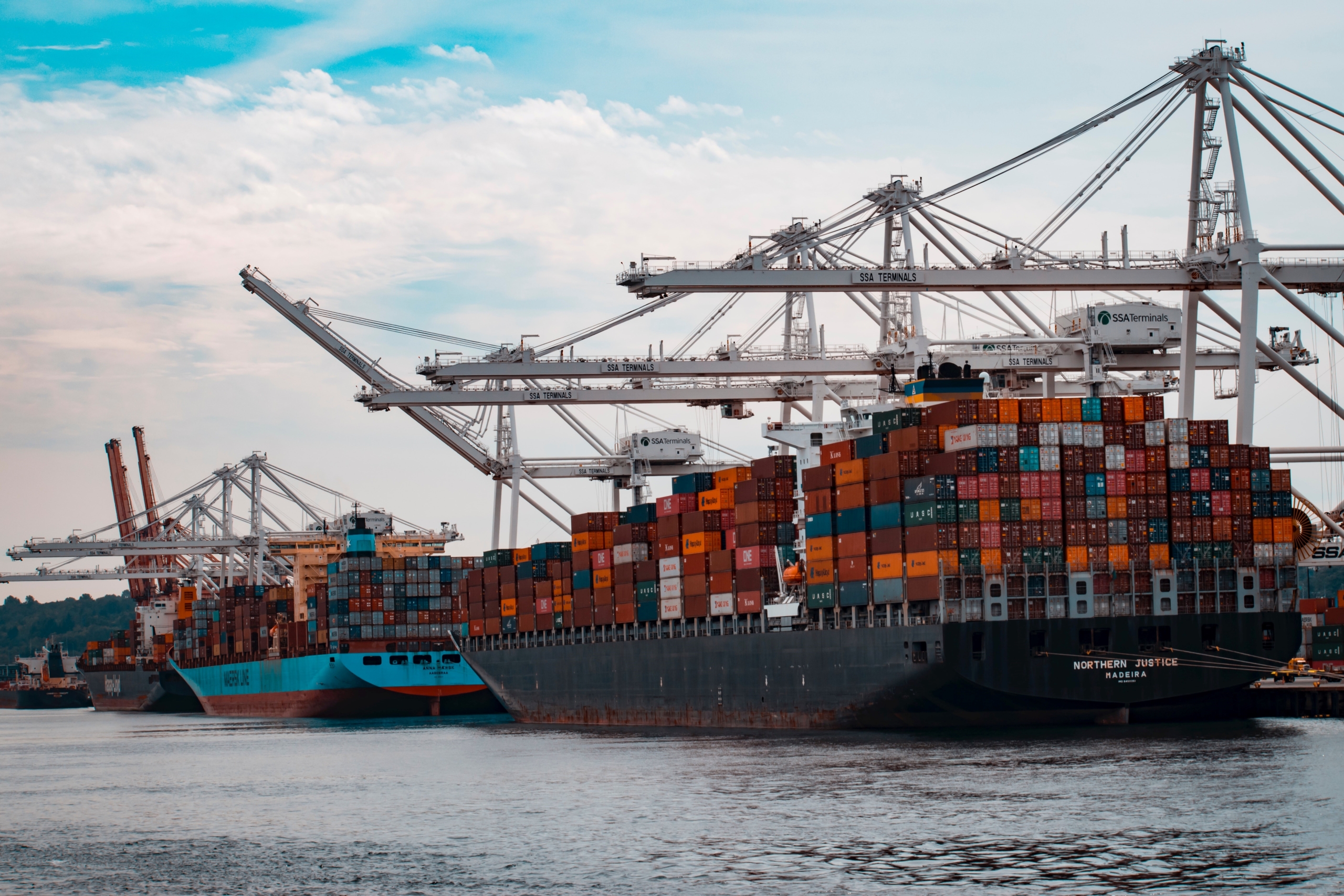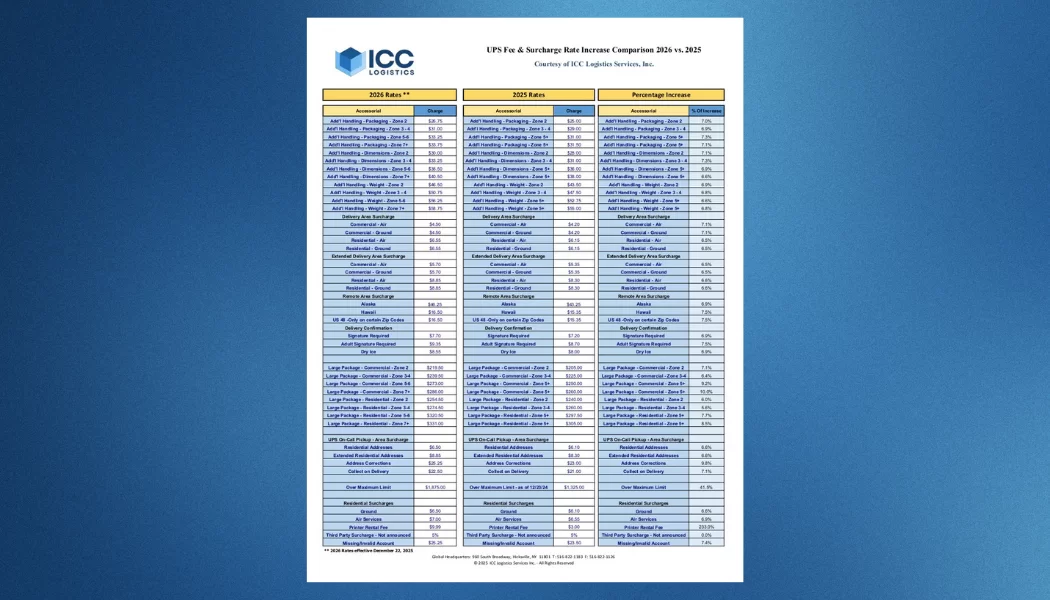According to a report in the Wall Street Journal this week, it’s not just LA and Long Beach ports that are backlogged, it’s also some East Coast and Gulf Coast ports as well, threatening to extend shipping delays and drive up costs for importers seeking to get around the bottlenecks at Southern California’s big gateway complex.
Container ships are backing up off coastlines from Oakland, Calif., to Charleston, S.C., because of a record flow of boxes into and out of the country combined with worker shortages triggered by Covid-19’s fast-spreading Omicron variant.
“It’s supremely frustrating to be an importer right now,” said Nathan Strang, director of ocean trade lane management at Flexport Inc., a San Francisco-based freight forwarder. “Everybody wants to find a relief valve and all of the relief valves have been plugged.”
Ship backups that plagued U.S. ports throughout the pandemic have been mainly concentrated along the West Coast. Niels Madsen, a vice president of operations at Denmark-based Sea-Intelligence ApS, said a rise in backups at East Coast ports suggests congestion is worsening there.
The average wait time for a berth at the busiest East Coast gateway, the Port of New York and New Jersey, extended to 4.2 days last week, according to the port’s data, up from 1.6 days last January. At the Port of Charleston on Thursday, a backup of 19 container ships was waiting offshore for a berth.
New Jersey port officials say its congestion is being caused, in part, by Covid-19-related worker absences. Charleston officials say their backup is mainly due to a surge of imports that has clogged terminals, leaving limited space to unload inbound containers.
The number of containers waiting more than 15 days for pickup at Charleston, the country’s eighth-largest gateway for container imports, exceeded 7,000 boxes last week, an increase of 40% compared with one month earlier, according to supply-chain analytics firm project44. Charleston officials say it could take six weeks to clear the backlog.
Georgia’s Port of Savannah said this month it has cleared a backlog that had grown to more than 20 vessels late last year. The port opened new container storage sites, including temporary “pop-up” facilities, to make room at terminals for handling boxes, said Griff Lynch, executive director of the Georgia Ports Authority, which operates the Savannah port.
Ports on the West Coast are also struggling. At the Port of Oakland on Thursday, 15 ships waited for a berth. Port officials there attribute the backup to thousands of empty containers that have filled terminals as they await return to Asia.
The ports of Los Angeles and Long Beach, which make up the nation’s busiest container port complex, have struggled to handle record container flows for more than a year. The queue of ships waiting to enter the port has remained at about 100 vessels for almost two months despite port and Biden administration attempts to clear the backlog. Authorities there said some 800 dockworkers, or about 10% of the handling crews, were unavailable for Covid-related reasons at one point earlier this month.
Combined import volumes at the Southern California ports last month slumped to the lowest level in 18 months as port terminals, truckers and warehouses struggled to move boxes inland.
Peter Sand, chief analyst at Xeneta, a Norway-based transportation data firm, said the bottlenecks tie up shipping capacity and contribute to rising ocean rates. Base spot rates to ship a 40-foot container from the Far East to U.S. ports reached their highest levels of the pandemic this month, according to Xeneta.
The average rate to the East Coast is about $12,000, up from $3,000 two years ago. The rate to the West Coast is about $8,500, an increase of about 467% from January 2020.
Need help navigating this “new normal?” Contact us today to learn how we can help.



 to receive our FREE white papers:
to receive our FREE white papers: